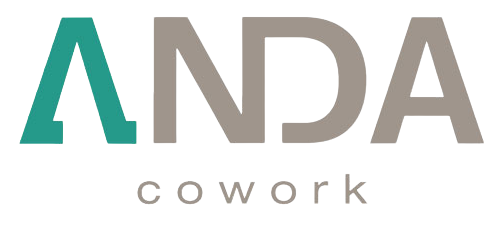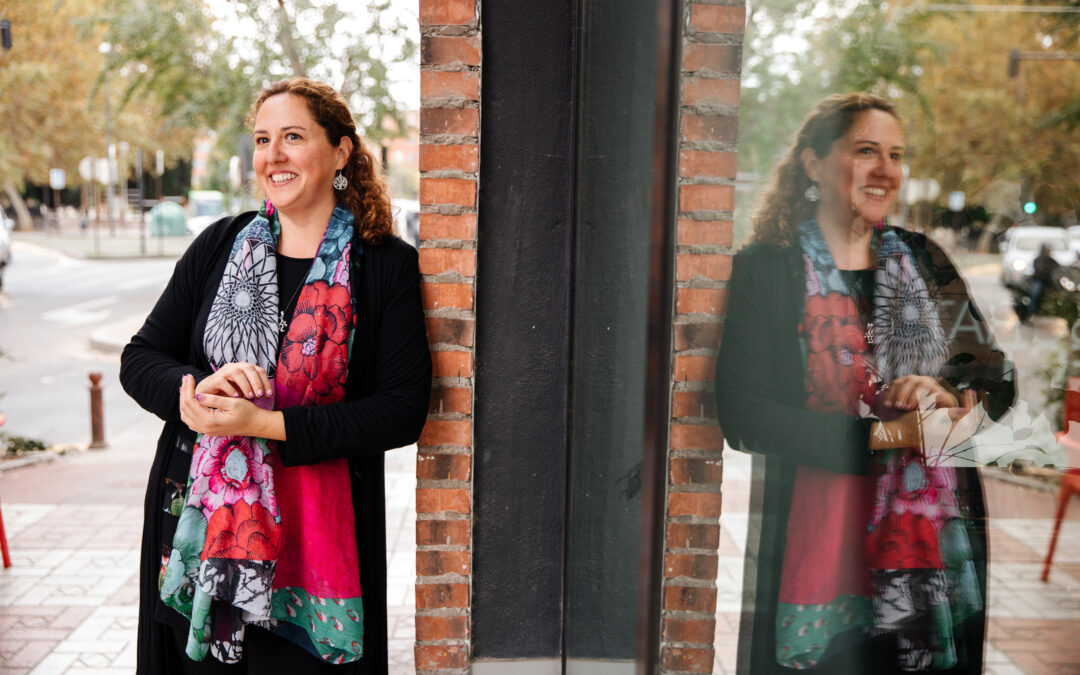Tell us a bit about yourself
I’m Gisel Ferrón Palomo – a teacher, neuroscience communicator, facilitator of the Genotype Map, and founder of Now How To Be Happy. After over 15 years teaching in Spain and the UK, I decided to merge science, education, and emotional support into a transformative project. Today, I help individuals and organizations uncover their innate potential and live more meaningfully—even amidst everyday challenges.
What is Now How To Be Happy?
It’s a space for vocational and emotional support. Through sessions, workshops, and training programs, I work with young people, adults, and professionals to help them connect with their natural talents, build self-esteem, and make decisions aligned with their life’s purpose.
The message is clear: happiness is not a constant state, but a way of living in alignment with who we are. We can feel sadness, anger, or frustration, but we can also choose how long we stay in those emotions.
What is the Genotype Map, and how would you explain it to someone new?
It’s a psychometric test that reveals your Innate Creative Capacities (ICC). It shows what you naturally do well, without effort. This insight helps people make vocational decisions, boost self-esteem, and redirect their life toward something more authentic.
I combine it with neuroscience to provide a rigorous and personalized journey that guides each person toward discovering their Ikigai—their reason for being.
What led you to the Genotype?
I discovered it through a video by Tony Estruch while listening to Sergi Torres. I became curious, read his book, and eventually trained with the Genotype Foundation.
At that time, I was also looking for direction. The test helped me find clarity, validate my talents, and take the leap to share this with others. I now collaborate with the Foundation’s educational project, YOEDUKO, which I’m passionate about, and with the World Happiness Foundation in the School of Happiness project to train teachers.
What changes do you see in people after discovering their ICCs?
Surprise, relief, and clarity. They begin to understand their way of thinking and feeling, stop comparing themselves to others, and feel more confident in making decisions.
Many even start a new life path. That’s why I collaborate with psychologists and coaches—the Genotype serves as a powerful foundation for deeper, personalized therapeutic support.
How did you get to know ANDA Cowork?
I met Victoria, the founder, as a mentor in an entrepreneurship program at UGR. Since then, she has been an incredible support—warm, generous, and always willing to help. Thanks to her, I’ve felt accompanied in this challenging entrepreneurial journey.
And of course, I never miss the networking breakfasts they organize!
What collaboration do you have with ANDA?
I’ve offered free Genotype debrief sessions to some members, and now I provide a 10% discount to anyone referred by them.
I’ve also given workshops at their space, and we’re planning new joint activities with professionals in the self-awareness field. ANDA is a space full of talent, purpose, and good vibes.
What is your Genotype? Did you feel identified with it?
My dominant ICCs are: Pentagon, Infinity, Circle, and Ellipse.
I completely saw myself in it. The Pentagon reflects my need for a scientific foundation; the Infinity, my calling to education and emotional work; the Ellipse, my personal creativity in everything I do; and the Circle, my capacity to support others with unconditional love.
It also helped me recognize my shadows and better manage my energy rhythms.
How has this knowledge changed you professionally?
A lot. It gave me focus, confidence, and the courage to show up as I truly am.
I no longer try to fit into molds. I now build my own path, knowing what I can offer, where from, and who I want to work with. I feel more authentic and secure.
What are your plans for the future?
To continue giving talks on neuroscience, purpose, and vocation in schools, companies, and personal development spaces, while still teaching, which I deeply enjoy.
My goal is to bring these tools to more people and collaborate with organizations that value talent and wellbeing, like ANDA.
I want more people to live aligned with who they truly are and help make the world just a little bit happier.

